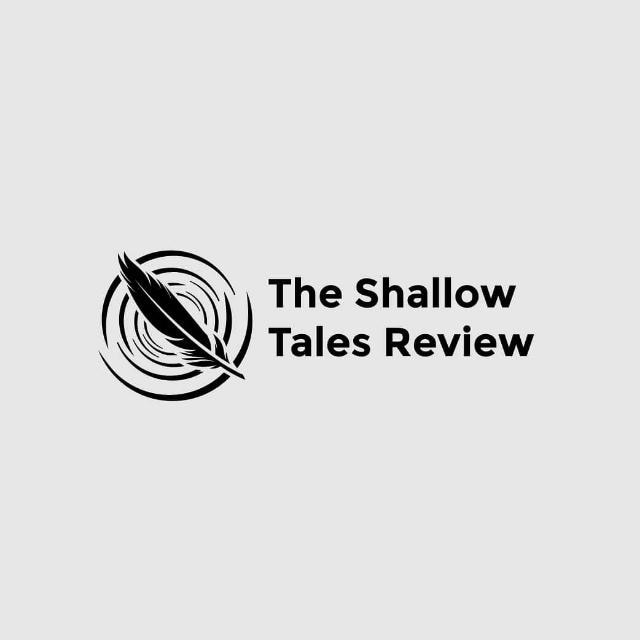“Memory is the mother of all wisdom.” — Aeschylus
The question, “Don’t you remember?” is an easy route to memory. But whether we ask this question or not, we must stop over at memory’s gate, and make ourselves home in her rooms. Memory, like Oscar Wilde says, is “the diary that we all carry about with us.” It is an inevitable phenomenon.
While some would likely agree that memory is the greatest gifts of humanity, others may strongly argue that something that places one in the position where they relive sad, regretful moments cannot be regarded as a gift. And if I find the truth in one of these opinions, I find the same in the other.
Like one’s individual life, memories are unique to every human. Even people who are the cause of an exact event remember that same event very differently.
Visiting memory is crucial for sustainability. I love to think memories are not contained in the brain alone, even if in one way or the other we might be able link them to a central processing system. One of the ways in which the body’s immune response works, for example, is by returning to memory of previous combat with the same pathogen and employing the same method to prevent further escalation of the same antigen.
The writers whose works are featured in this issue drive us into a memory that is not ours, but that we can relate to in many different ways, as though they are ours. Embleton begins his riveting story, Soyinka’s Memory, based on his fictional conversation with Professor Wole Soyinka, who describes the work as “an intriguing literary generic.” Embleton starts by saying, “I bear the weight of Soyinka’s memory, real and imagined.” The reality in this opening sentence admits that we can be a part of a memory that is not ours.
Badruddeen remembers her father in Time is Not Your Healer, and this memory is not a cheerful kind; it is the kind that makes you wonder the essence of life, for what reason have we been stuffed in a skin bag, compelled to reproduce several kinds of us, only to lose ourselves again without fully enjoying the warmth of each other. Perhaps with Badruddeen’s essay, Marcus Cicero’s words come alive, that “the life of the dead is placed in the memory of the living.” Yakubu’s protagonist in Mortality Rings uses her memory, as much as she can remember, to recover the disappearing rings of her mortality. The featured poems, too, define memory in many different ways.
Some of us go to memory with anguish, regrets, pain, tears, with a desire to be completely engulfed; and some of us do with great pleasure, with a heart full of gratitude. Whichever way we do, our memories are to help us combat similar situations in the future; they are to teach us how to resist consequences we do no longer want to be inflicted by, just like the antibodies do in a living cell. In Aeschylus’ words, “Memory is the mother of all wisdom.”
The cause of our actions births our memories, and the works contained in this issue seek to bring to our attention that we pay a little more attention to the things we do today, for they will make our memory, that they will determine the positions we take in the future.
We understand that some situations go out of our control. Fate just throws them at us—bad and ugly. But we pray that the gods of good memories embellish our lives with a future bathed in glory.
It is our expectations, dearest reader, that as you read through this issue and let the words, every line that makes each story contained here, fill you, you learn to appreciate memory, and make the decisions for the kind you want to create for the future.
Happy reading!

